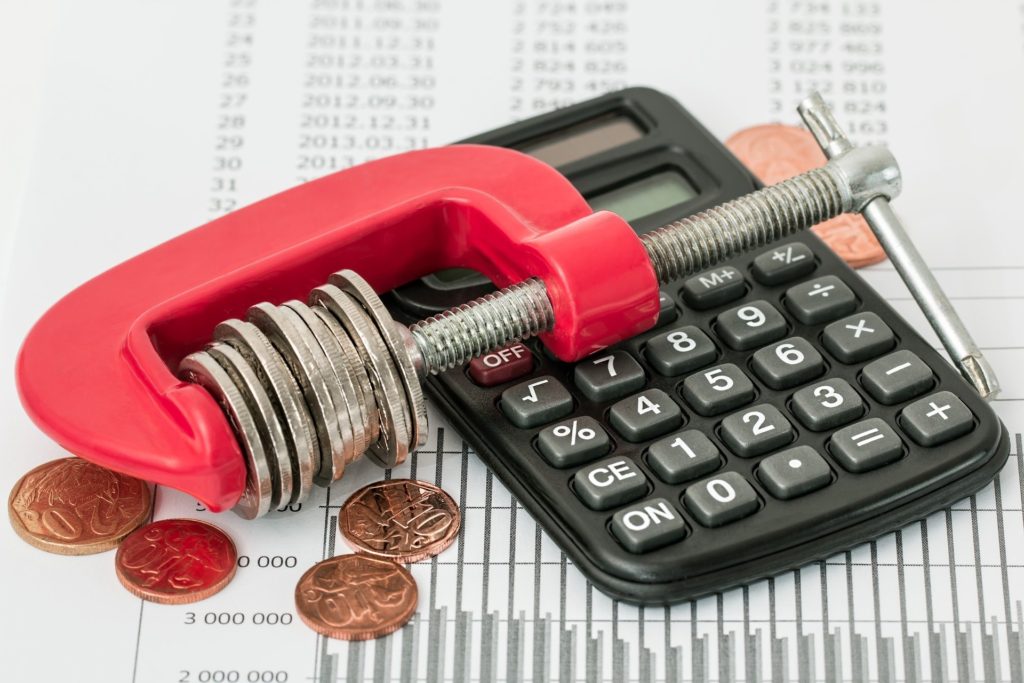
Debt Discharged in Bankruptcy in Massachusetts
As a general rule, debts incurred by credit card and medical bills may be discharged in Chapter 7 and Chapter 13 by bankruptcy petitioners in Massachusetts. Depending upon which bankruptcy chapter is being utilized, the amount of debt discharged will vary. But generally speaking, a Chapter 7 bankruptcy petitioner will have all credit card and medical bill debt discharged. While a bankruptcy petitioner in Chapter 13 will have a percentage of credit card or medical bill debt discharged. There are exceptions to the dischargeability of credit card and medical bill debt in bankruptcy, but as a rule, all or some percentage of these debts will be discharged in bankruptcy.
Debt Not Discharged in Bankruptcy in Massachusetts
Here is a short list of items which cannot generally be discharged by filing bankruptcy in Massachusetts:
tax claims
If a tax debt is qualified for discharge, Chapter 7 is usually the best choice. To be eligible, as a general matter, the tax debt must be based on income taxes as opposed to another type of tax debt; e.g., penalties for fraud, payroll tax, etc. Further, the tax must not be one which resulted from the filing of a fraudulent tax return. Also, the money owed on the tax must have been due, at a minimum, in the time period of three years prior to bankruptcy filing, a tax return must have been filed at least two years prior to filing bankruptcy, and the debt must have been assessed by the IRS at least 240 days prior to filing for bankruptcy.
Note: federal tax liens are generally nondischargeable in bankruptcy. As a practical matter, the nondischargeability of a federal tax lien means that if a tax lien was recorded with the proper registry of deeds before you file for bankruptcy, that lien cannot be discharged in bankruptcy.
Under Chapter 13, you may be able to have tax debt that is older than three years forgiven if your disposable income minus expenses does not leave you with sufficient income to repay that debt.
alimony/child support
Though not dischargeable through a bankruptcy filing, child support may be allowed to be included into a Chapter 13 repayment plan.
certain fines or penalties
debts not declared in the petition for bankruptcy
student loans
Not typically dischargeable in bankruptcy, student loans have been discharged where a debtor can show that it would be an undue hardship on the debtor. Demonstrating undue hardship depends upon the jurisdiction, but generally speaking includes being unable to sustain even a minimal standard of living, an ability to show that the hardship would last throughout most of the repayment period of the student loan, and that the debtor made previous efforts to repay the loan prior to filing for bankruptcy.
debt associated with fraudulent or other criminal behavior
cash advances over a specified amount and close to the time of filing bankruptcy
Bankruptcy in Massachusetts is a process developed to relieve a debtor who, in good faith and through no fraudulent activity, is unable to repay his or her debts. A debtor who takes cash advances prior to filing bankruptcy may trigger the bankruptcy court to view that activity as fraudulent behavior. While there may be valid reasons for a cash advance prior to a bankruptcy filing, it is activity that is to be generally avoided.
recent purchases of certain goods over a specific dollar amount and recent vacations or other travel
Similar to cash advances, while there may be valid reasons to make a relatively large purchase or travel prior to bankruptcy, it is also true that a Massachusetts Bankruptcy Court may view such activity as an attempt to commit fraud upon the court. It is best to avoid purchasing luxury goods or taking a vacation prior to filing for bankruptcy.
pension plan loans
condo fees
Under M.G.L., Chapter 183A, § 6, condo fees and associated penalties for a failure to pay condo fees can be the basis for a lien against the condo owner. Such a lien, under Massachusetts law, has super-priority over even the primary mortgage and is not dischargeable in bankruptcy provided proper notice has been sent to the condo fee owner. While Massachusetts law is clear on the point of a lien for nonpayment of condo fees being nondischargeable in bankruptcy, it is possible that a lender with a mortgage will wish to incorporate the condo fees into the mortgage. A lender may pay condo fees in this manner because doing so would, in many instances, put that lender at the head of the line in terms of priority (having removed the super-priority of the condo fee lienholder).
debt resulting from a claim for willful or malicious injury
I’ve written numerous articles on the subject of bankruptcy. Take some time to learn more:
Bankruptcy and Credit
Is Bankruptcy the Best Choice for a Massachusetts Resident?
Property Exempt in Bankruptcy
Before Filing For Bankruptcy – Foreclosure Basics
Chapter 13 Explained
Chapter 7 Explained
How Debt is Handled in Bankruptcy in Massachusetts
Will I lose my Car When I File for Bankruptcy?
Massachusetts Bankruptcy FAQ’s
Consolidate Debt or Declare Bankruptcy in Massachusetts?
DISCLAIMER:
The information provided in the pages and posts of this website are for general informational purposes only. The information presented on this site is not legal advice, and no attorney-client relationship is formed by the use of this site.





